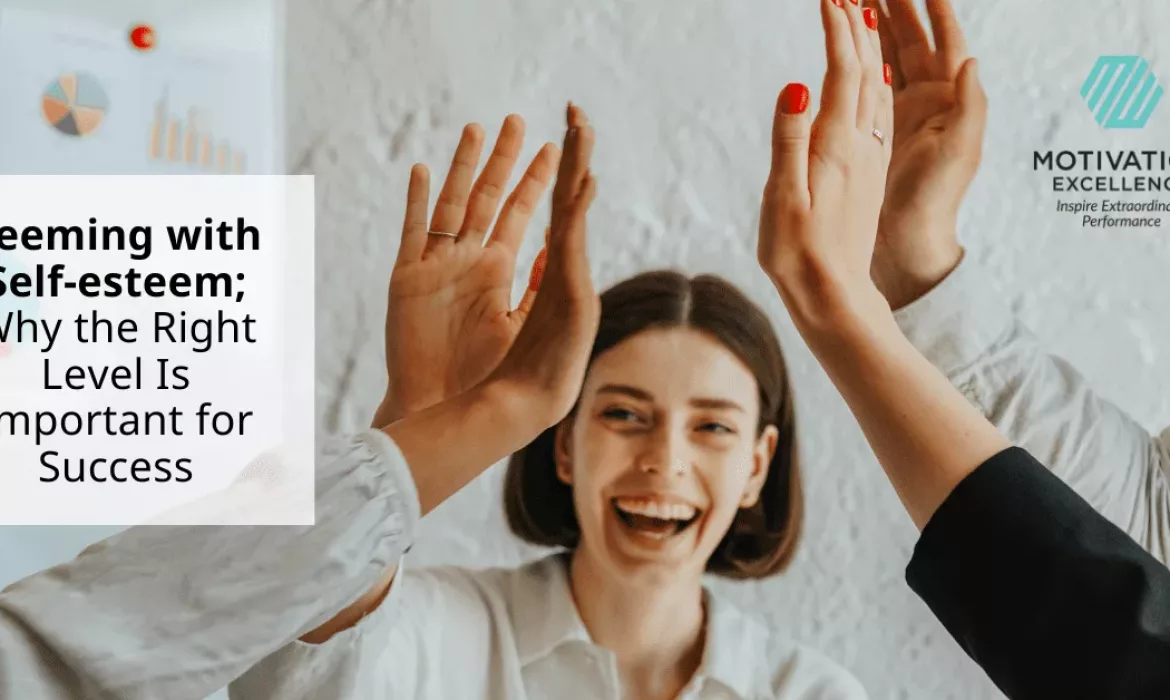
So much goes into self-esteem. There are external influences like how others perceive and treat you. And internal factors like confidence and self-awareness. Some people just seem gifted with healthy self-esteem, while others scream conceit or whisper inferiority. There are definitely steps you can take to balance this often emotionally tied characteristic. Check your ego at the door and absorb how you can develop the best Y-O-U there can be!
Self-esteem 101
Self-esteem can be measured on a spectrum from low to healthy to arrogant. Your opinion on your value can fluctuate given the circumstance, company you keep, and period of life you’re in. Below are general defining thoughts for various degrees of self-esteem.
People with low self-esteem might feel:
- Negative about themselves and life in general
- Anxious
- Unmotivated
- Uncertain about their abilities
People with healthy self-esteem seem to know:
- They have value
- Their positive qualities
- They can take on a challenge
- The future can be rewarding, even if it’s unknown
People with too high a self-esteem may:
- Think they’re better than others
- Have little patience with teammates
- Feel entitled to the best life has to offer
- Bite off more than they can chew
Knock, Knock… Who’s There Matters
One of the biggest factors of self-esteem is security. If you’re in an unsafe or unstable environment over a length of time, it can create self-doubt and feelings of unworthiness. If so and so is always belittling you at work, or you’re constantly being punished for trivial things at home, or you’re the victim of bullying at school, there’s little doubt it’ll affect your perception of yourself. To combat that, make sure you’re doing what you can to change your circumstances.
- Surround yourself with uplifting people
- Gain the skills needed to feel more confident
- Find a trusted person you can use as a sounding board
- Learn the best words to use to speak up for yourself
Get on the Me Team
Knowing who you are, feeling accepted, and having confidence in your skills are three important internal traits that lead to having a positive opinion of yourself. Some tips to enhance those characteristics include:
- Embrace lifelong learning – the more you know, the more you grow!
- Be true to who you are and surround yourself with people who accept you that way
- Keep a journal to remember your successes – even the small ones
Very Well Mind writes that self-esteem grows as you do, meaning from childhood to adulthood you will likely see a steady increase before it levels off. Of course, most of us will ride some waves that dip into the low level again before carrying us back up to a better level. If you constantly feel like your self-esteem is in flux, seeing a professional is a great idea! It may just be a nasty case of imposter syndrome, or it could be more deep-seated.
Use Self-Esteem to Your Advantage
People with well-honed self-regard are more likely to achieve their goals, see the positive side of things, and move ahead at work. Your self-esteem influences your thoughts, choices and decisions. It showcases how you present yourself, and thus, how people see you. Your self-esteem is projected through your posture, how you speak to others, and how you work on a team.
And remember, sometimes it’s people with crumbling self-esteem who try to bring yours down with bad behaviors and remarks. This is a perfect opportunity to level up and take them with you. Others will hold you in high esteem if you can do it!


